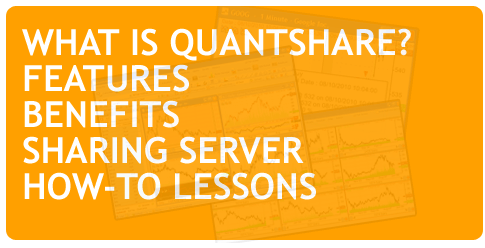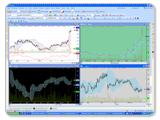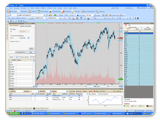However, this perception of France is dead wrong. France actually has one of the strongest economies and most important stock markets in the World. This creates many compelling reasons to move some of your portfolio into the French stock market. French Economy France is truly an economic powerhouse. According to the International Money Fund, Franceís Gross Domestic Product was nearly three trillion dollars in 2011. This made France the fifth largest economy in the World, behind only America, China, Japan, and Germany. With such a large economy, France offers many successful companies for investors.Out of the 500 largest companies in the World, nearly 40 of them are located in France. Since Franceís economy is large and diverse, you can find stocks in pretty well any industry on the French stock market. However, there are a few sectors that are particularly successful. To no oneís surprise, many leading fashion and cosmetic companies are French. In addition, France also has exceptional companies in insurance, aerospace, energy and pharmaceuticals. If you want to invest in one of these industries, the French stock market is a great place to do it. French Stock Market Most public French companies trade on the Euronext Paris market. This is the second largest stock market in Europe; only the London stock exchange is bigger. There are many advantages to investing in such a large stock market. Since there is so much trading on the French stock market, your investments will be very liquid. If you want to sell off your shares, it will be quick and easy to find a buyer. When you trade on a smaller exchange, it can be harder to find buyers, making your investments a bit riskier. French stocks are also very safe and stable. Since many French companies are well established and have a large market shares, they tend to return a steady profit on your investment. You donít face the same volatile swings on the French stock market that you would face by investing in an emerging economy like China or Brazil. Another advantage of the active French stock market is it offers a lot of public information. French stocks are constantly being researched and discussed by other investors. This makes it easier for you to research your stock picks and make good decisions. Lastly, as a developed country, France closely regulates its stock market. You donít have to worry about being cheated and lied to when dealing with French investments because the French government keeps a close eye on the Euronext Paris exchange. International Exposure One last reason to invest in the French stock market is to add international exposure to your portfolio. A key strategy in investing is diversification. This means spreading your money across a variety of different types of investments. The idea behind diversification is that not all your investments will go through a bad stretch at the same time. For example, investing in both oil and car stocks is a way to diversify. Oil companies do well when oil prices are high whereas car companies do well when oil prices are low. By investing in both industries, some of your stocks are making money no matter what the price of oil is. Investing in a number of different countries is another way to diversify your portfolio. If you invest all your money in one country, a recession will badly damage your savings. By investing some money in a foreign country, like France, you are a bit more protected. It is less likely that all countries will go into a recession at the same time. Investing in the French stock market is particularly attractive if most of your money is in North American or Asian stocks as it adds some European balance to your portfolio. Problems While the French stock market has many advantages, it does have its downsides. One of the risks of investing in this market is that France is a member of the European Union. The countries in this alliance are financially connected and partially responsible for each otherís problems. Since France is one of the richer and more stable countries in the union, it has more to lose. This can be seen in the market today. Greece and Spain are currently struggling to pay off their debts and this could end up costing France money. While investing in France is putting your money in a safe place, investing in the European Union is more risky. Unfortunately, there is no way to separate the two. Another problem with French stocks is that France has a very socialist business environment. Taxes are quite high in France and the workplace is closely regulated by the government. Workers enjoy many benefits like short work weeks, long vacations, and generous retirement plans. These factors add up to make it relatively expensive to run a business in France. French companies may have lower profit margins because of these factors, leaving less money for their shareholders. You might be able to get a higher return by investing in more capitalist economies. One last problem with the French stock market is that many of its companies are already large and established. While this is good for a steady return every year, it doesnít offer much room for huge growth. You are less likely to see your investments go through the roof in the French stock market. While developing markets are more risky, they also offer the chance for huge returns. Bottom Line No one is perfect. Like every market in the World, the French stock market has its problems. However, the benefits of the French stock market are large enough to justify dealing with these issues. If you want solid returns, a thriving market, and international diversification, it is hard to beat France.  The French Stock market, surprisingly profitable! comments powered by Disqus |

|
|
|
|







